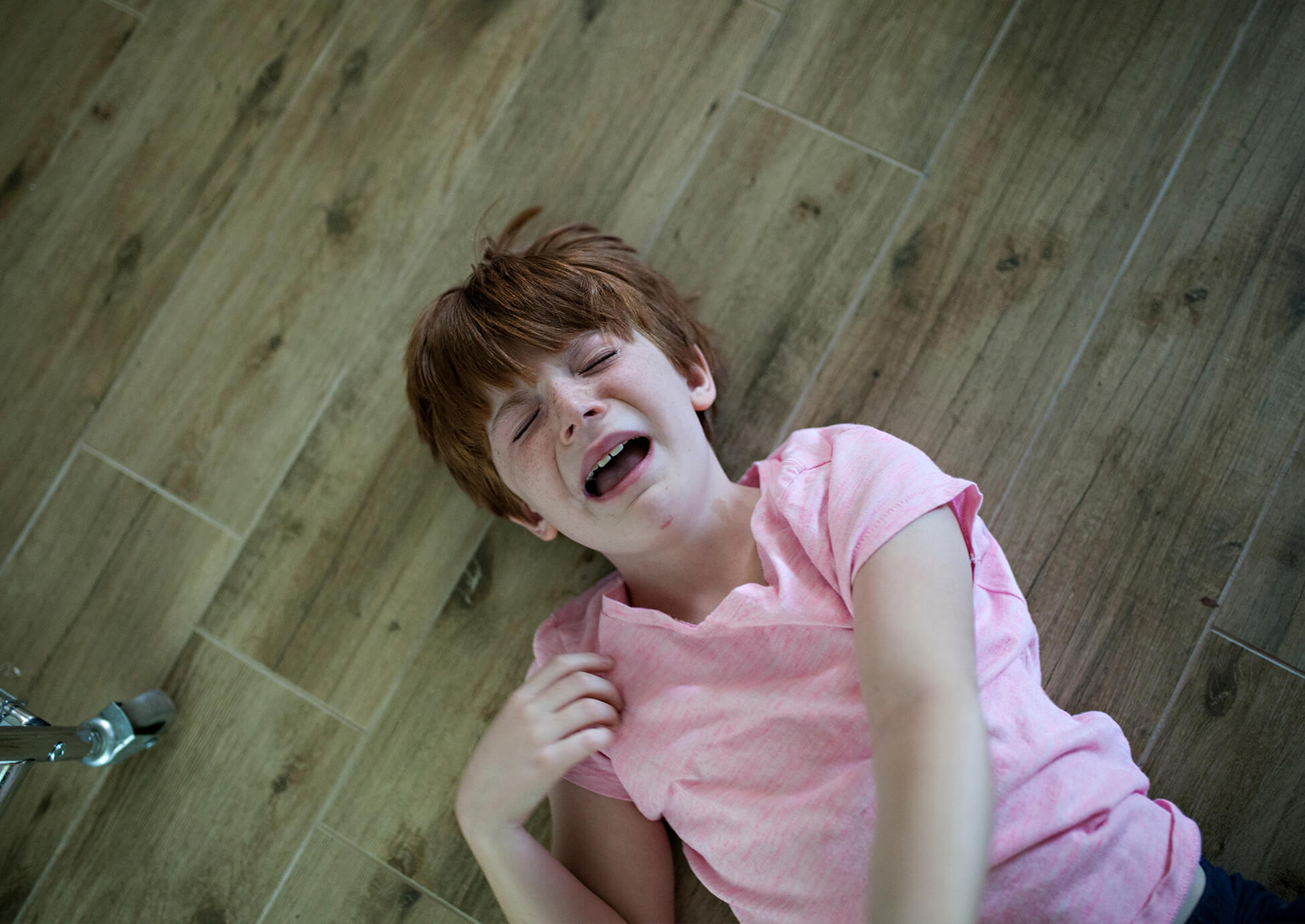Children’s Mental Disorders
Understand the symptoms and impact of various mental disorders in children
About Children’s Mental Disorders
Mental disorders among children are described as serious changes in the way children typically learn, behave, or handle their emotions, which cause distress and problems getting through the day.
Healthcare professionals use the guidelines in The American Psychiatric Association’s Diagnostic and Statistical Manual, Fifth edition (DSM-5)1, to help diagnose mental health disorders in children.
Common Childhood Mental Disorders
Among the more common mental disorders that can be diagnosed in childhood are attention-deficit/hyperactivity disorder (ADHD), anxiety (fears or worries), and behavior disorders.
Other childhood disorders and concerns that affect how children learn, behave, or handle their emotions can include learning and developmental disabilities, autism, and risk factors like substance use and self-harm.
Symptoms of Childhood Mental Disorders
Symptoms of mental disorders change over time as a child grows, and may include difficulties with how a child plays, learns, speaks, and acts, or how the child handles their emotions.
Symptoms often start in early childhood, although some disorders may develop during the teenage years. The diagnosis is often made in the school years and sometimes earlier; however, some children with a mental disorder may not be recognized or diagnosed as having one.
Answers to Common Questions

Who is affected by mental disorders?
Childhood mental disorders affect many children and families. Boys and girls of all ages and ethnic/racial backgrounds and living in all regions of the United States experience mental disorders. Based on the National Research Council and Institute of Medicine report, which gathered findings from previous studies, it is estimated that in 2007, 13–20% of children living in the United States (up to 1 out of 5 children) experienced a mental disorder in a given year, costing individuals, families, and society an estimated $247 billion per year.
What is the impact of mental disorders in children?
Mental health is important to overall health. Mental disorders are chronic health conditions—conditions that last a long time and often don’t go away completely—that can continue through the lifespan. Without early diagnosis and treatment, children with mental disorders can have problems at home, in school, and in forming friendships. Mental disorders can also interfere with a child’s healthy development, causing problems that can continue into adulthood.

Is mental health a public health issue?
Yes. Supporting children’s mental health also includes making sure children meet developmental milestones, understanding what to do when there is a concern, supporting positive parenting strategies, and improving access to care.
Can childhood mental disorders be treated?
Childhood mental disorders can be treated and managed. There are many treatment options based on the best and most current medical evidence. Parents and doctors should work closely with everyone involved in the child’s treatment—teachers, coaches, therapists, and other family members. Taking advantage of all the resources available will help parents, health professionals, and educators guide the child towards success. Early diagnosis and appropriate services for children and their families can make a difference in the lives of children with mental disorders.
What can everyone do to improve children’s mental health?
Parents
You know your child best. Talk to your child’s healthcare professional if you have concerns about the way your child behaves at home, in school, or with friends.
Youth
It is just as important to take care of your mental health as it is to take care of your physical health. If you are angry, worried or sad, don’t be afraid to talk about your feelings and reach out to a trusted friend or adult.
Healthcare Professionals
Early diagnosis and appropriate treatment based on updated guidelines are very important. There are resources available to help diagnose and treat children’s mental disorders.
Teachers/School Administrators
Early identification is important so that children can get the help they need. Work with families and healthcare professionals if you have concerns about the mental health of a child in your school.
Get help finding treatment
If you have concerns about a child, you can use these resources to help you find a healthcare provider familiar with treatment options.
- Psychologist Locator
A service of the American Psychological Association (APA) Practice Organization. - Child and Adolescent Psychiatrist Finder
A research tool by the American Academy of Child and Adolescent Psychiatry (AACAP). - Find a Cognitive Behavioral Therapist
A search tool by the Association for Behavioral and Cognitive Therapies. - If you need help finding treatment facilities, visit MentalHealth.gov
Helpful Links
Click on these links to learn more about these disorders, including symptoms, treatment, and what can be done to prevent them:
By being here, you’re impacting generations.
American Society for the Positive Care of Children is dedicated to preventing child maltreatment and raising awareness of the lifelong impacts of adverse childhood experiences by providing parents with the skills, tools, and educational resources that build their confidence and capacity as caregivers and create more positive childhood experiences. We’re able to continue providing resources like these free of charge to nearly 1,000,000 families who rely on us annually thanks to the generosity of our supporters.
Take action to reduce Adverse Childhood Experiences for the Next Generation Today.
